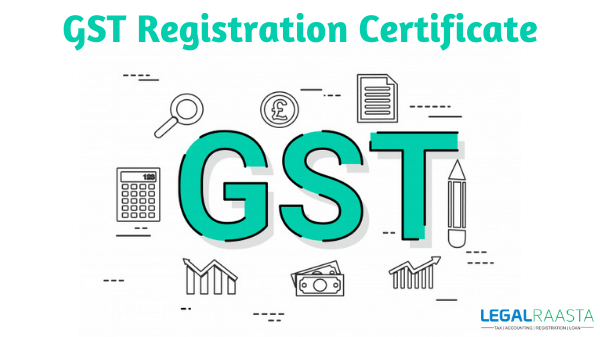Professional Tips for Choosing the most effective GST Registration Services in Singapore
Professional Tips for Choosing the most effective GST Registration Services in Singapore
Blog Article
Throughout: The Ultimate Roadmap to GST Registration for Businesses Seeking Financial Security
Browsing the complexities of Goods and Solutions Tax (GST) enrollment is a vital step for companies aiming for economic security. Breaking down the roadmap into manageable actions can streamline the registration journey for organizations looking to enhance their monetary standing.
Comprehending GST Fundamentals
Exploring the fundamental concepts of Item and Provider Tax Obligation (GST) is essential for gaining a comprehensive understanding of its implications on businesses and the economy. GST is a value-added tax imposed on the majority of items and services for residential usage. It has actually replaced multiple indirect tax obligations that existed in the pre-GST era, streamlining the tax obligation framework and enhancing ease of doing organization in India. Under the GST system, both services and products are taxed at a particular price, which is figured out based upon their classification. Companies are required to sign up for GST if their annual turnover goes beyond the threshold limit established by the federal government. Input Tax Obligation Debt (ITC) is a considerable feature of GST, enabling companies to assert credit score for taxes paid on inputs, reducing the total tax worry. Comprehending the basics of GST is critical for companies to adhere to tax laws, handle their finances effectively, and add to the country's financial development by joining a clear tax obligation system.
Qualification Criteria for Registration
As of the existing policies, the threshold restriction for GST registration is a yearly accumulation turnover of 40 lakhs for services operating within a state, except for special category states where the limit is 20 lakhs. In addition, particular businesses are needed to register for GST irrespective of their turnover, such as interstate providers, laid-back taxed persons, and organizations responsible to pay tax obligation under the reverse cost device. It is vital for businesses to extensively assess their turn over and transaction kinds to identify their GST enrollment commitments precisely.
Papers Needed for Registration
Having actually fulfilled the qualification requirements for GST registration, businesses must now ensure they have the requisite files in place to wage the enrollment procedure efficiently. The files required for GST enrollment typically include evidence of organization constitution, such as partnership act, registration certification, or unification certification for various kinds of services. In addition, organizations need to offer papers establishing the major business, such as a rental contract or electricity costs. Frying pan card of business, along with the identification and address proof of promoters/partners/directors, are necessary for confirmation functions. Savings account declarations, along with canceled cheques or a duplicate of the financial institution passbook, are needed to confirm the monetary information supplied during enrollment. Services have to have electronic trademarks prepared for the accredited notary. Making certain all these records are arranged and conveniently available will certainly expedite the GST registration procedure, making it possible for organizations to adhere to tax obligation guidelines flawlessly.
Step-by-Step Registration Process
Beginning the GST registration process entails a collection of structured steps to make sure a compliant and seamless registration for businesses. The initial step is to see the GST site and fill in the enrollment type with exact details of business entity. Following this, the candidate gets a Momentary Recommendation go to my site Number (TRN) which is used to resume the application process if it's not completed in one go.
Next, all needed papers as per the checklist given by the GST portal requirement to be submitted. These papers typically include proof of organization identity, address and registration proofs of promoters, economic statements, and service entity's frying pan card.

Post-Registration Conformity Guidelines

Conclusion
In verdict, companies looking for monetary stability has to comprehend the fundamentals of GST, satisfy eligibility criteria, collect essential records, adhere to the step-by-step registration procedure, and follow post-registration guidelines - Best his response GST registration services in Singapore. By adhering to these actions, companies can make certain conformity with tax obligation policies and keep financial stability over time
Furthermore, specific organizations are needed to register for GST regardless of their turn over, such as interstate providers, casual taxed persons, and businesses liable to pay tax obligation under the reverse cost system.Having actually met the qualification standards for GST registration, businesses should currently guarantee they have the requisite documents in area to continue with the enrollment process effectively. The records required for GST registration usually consist of evidence of business constitution, such as collaboration act, enrollment certification, or incorporation certificate for various types of organizations. Furthermore, companies need to provide files developing the primary place of organization, such as a rental contract or electricity Check Out Your URL bill.Starting the GST registration procedure involves a series of organized actions to make certain a smooth and compliant registration for companies.
Report this page